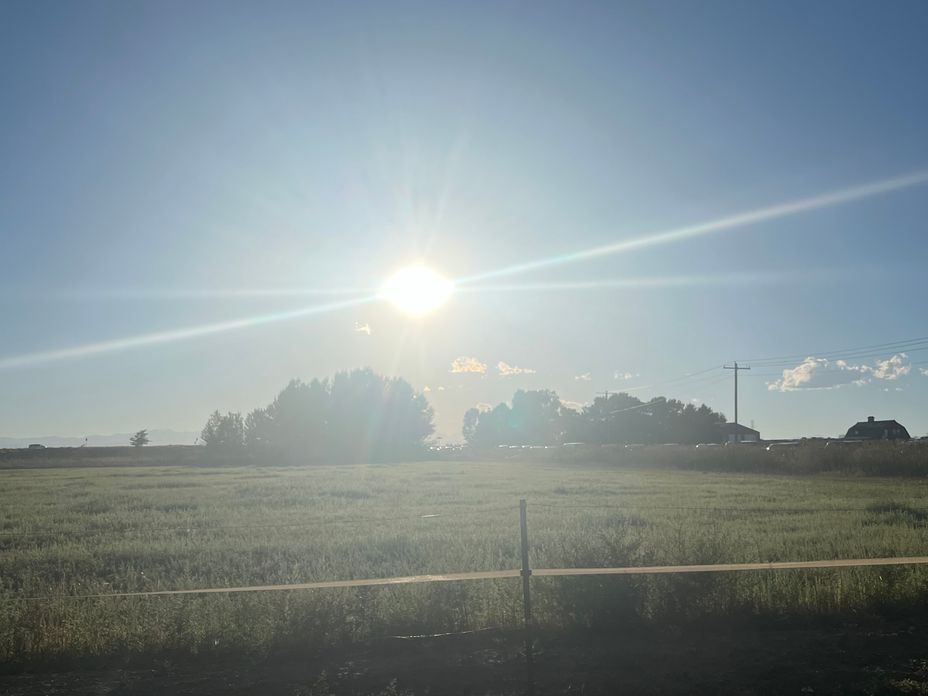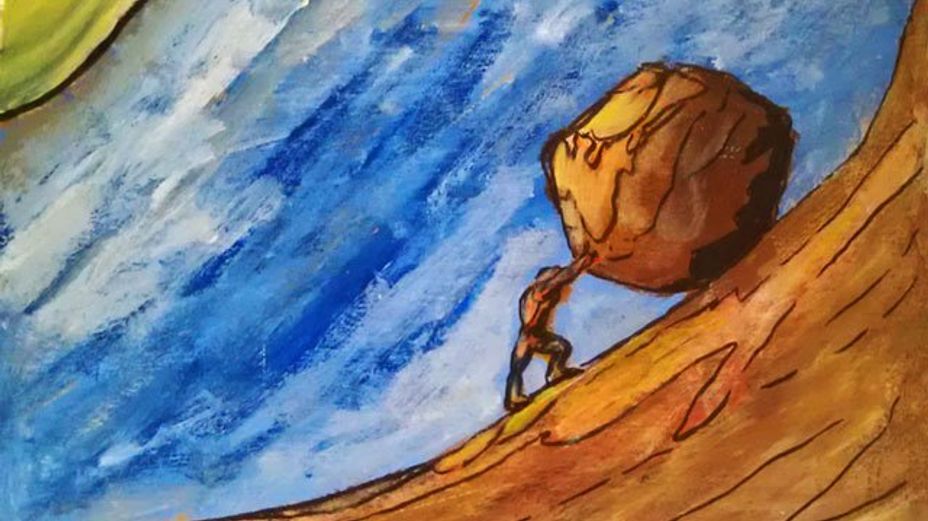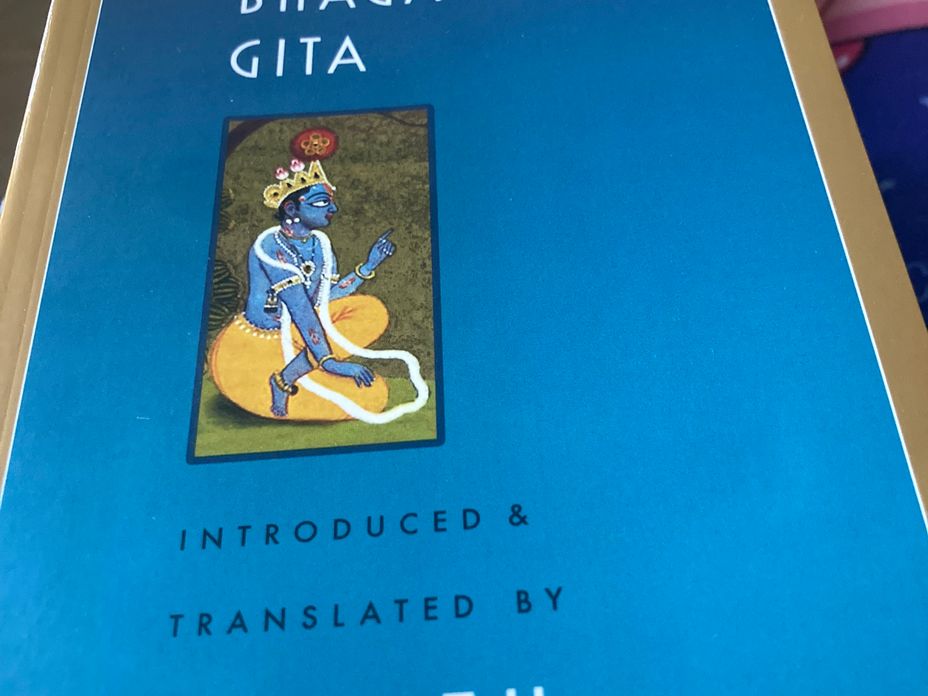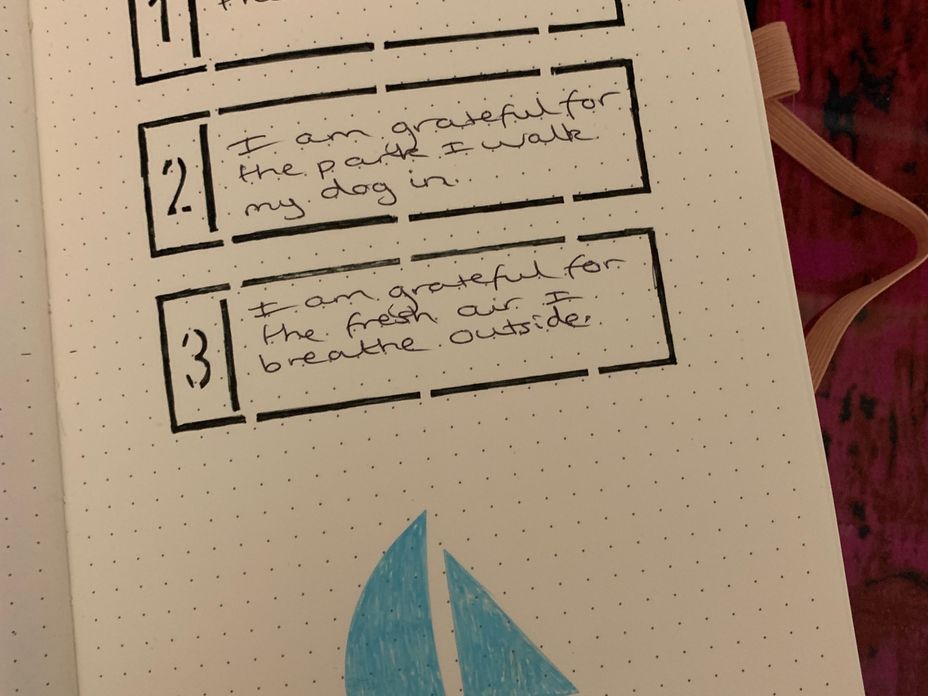What if the very existence of your mundane day to day was the answered prayer?
I find as Humans we consistently seek, yearn, ask, beg - particularly in times of struggle to a source for answers.
We fail to understand that this mundane task of folding laundry, mopping the floor and paying yet another past due bill is the sacred answer.
I know this is controversial and hard to grasp.
Yet, I also know deeply within my heart and soul that G-d is speaking to me through these moments.
“You are alive my Beautiful Child”. - I imagine the words beaming from his/her ever loving heart to mine, “For I have created you in the image and likeness.”
So what does this mean?
I can only speak for myself and my many spiritual experiences that have occurred during my most painful, troubled times, which led me to truly believing in a Higher Power.
I now find peace with a smile as I wash the dishes, dust my shelves and pay that daunting bill.
For I AM ALIVE!!!
Another day to feel the sun kiss my skin.
Another moment to hug my loved ones.
Another delicious meal to wake my senses.
Another dance in the kitchen while I hum to myself.
Another belly filled with laughter at lunch with Friends.
Another remarkable gazing up at the starry night sky.
Another tear falling my eye, in grief or joy.
WE are the Prayer.
The Living Prayer of the Human Experience.
Our pain, our struggles, our diagnoses, have not left us unworthy.
Have they made us weathered, yes.
Have they made us question our very existence and beliefs, many times.
Have they also left us more tender and compassionate, yes - always.
We are the Living Prayer - Warrior and Warrioress of the Mighty Light.
#mentalwellness #MightyPoets #Gratitude #BipolarDisorder





